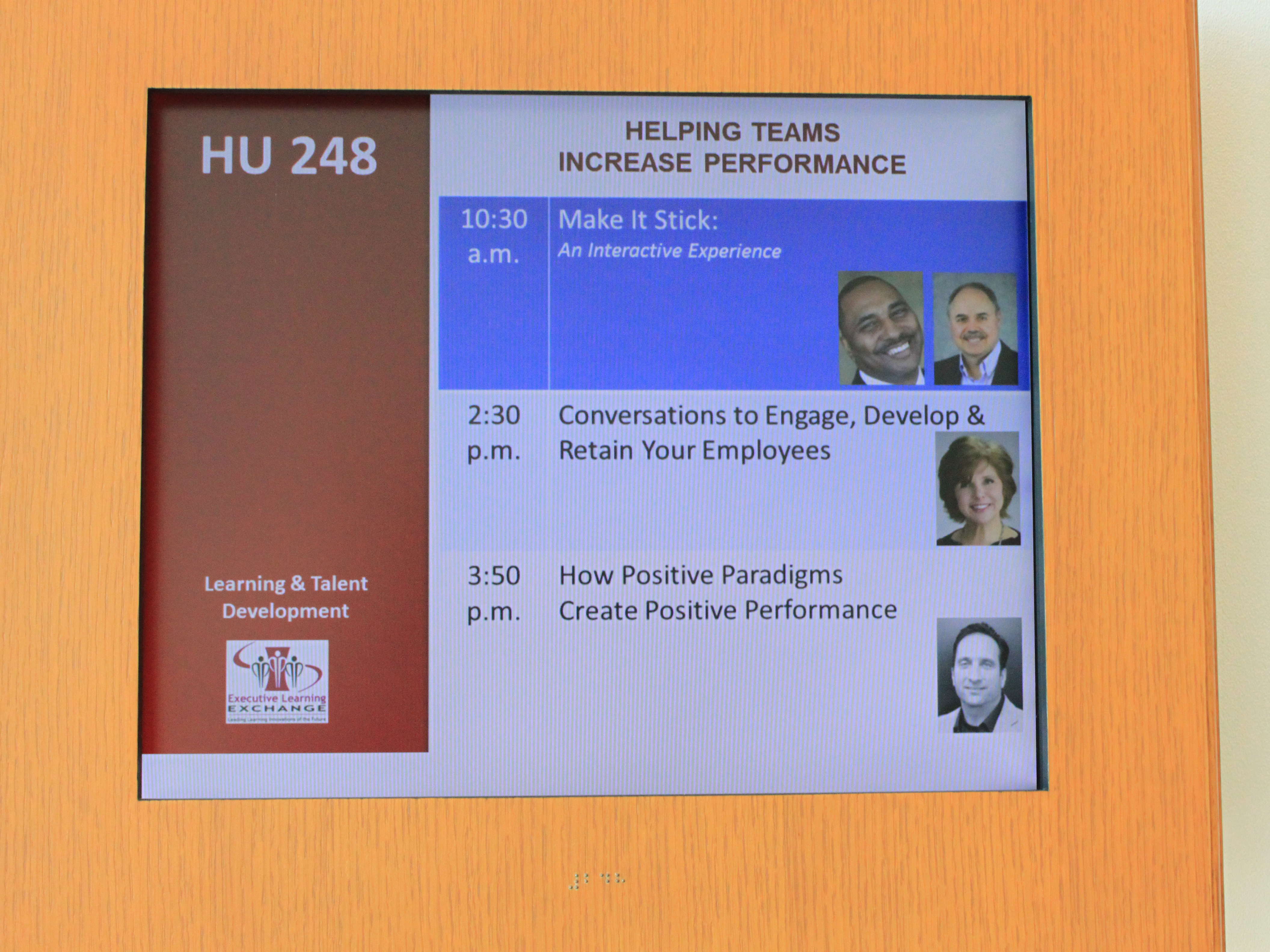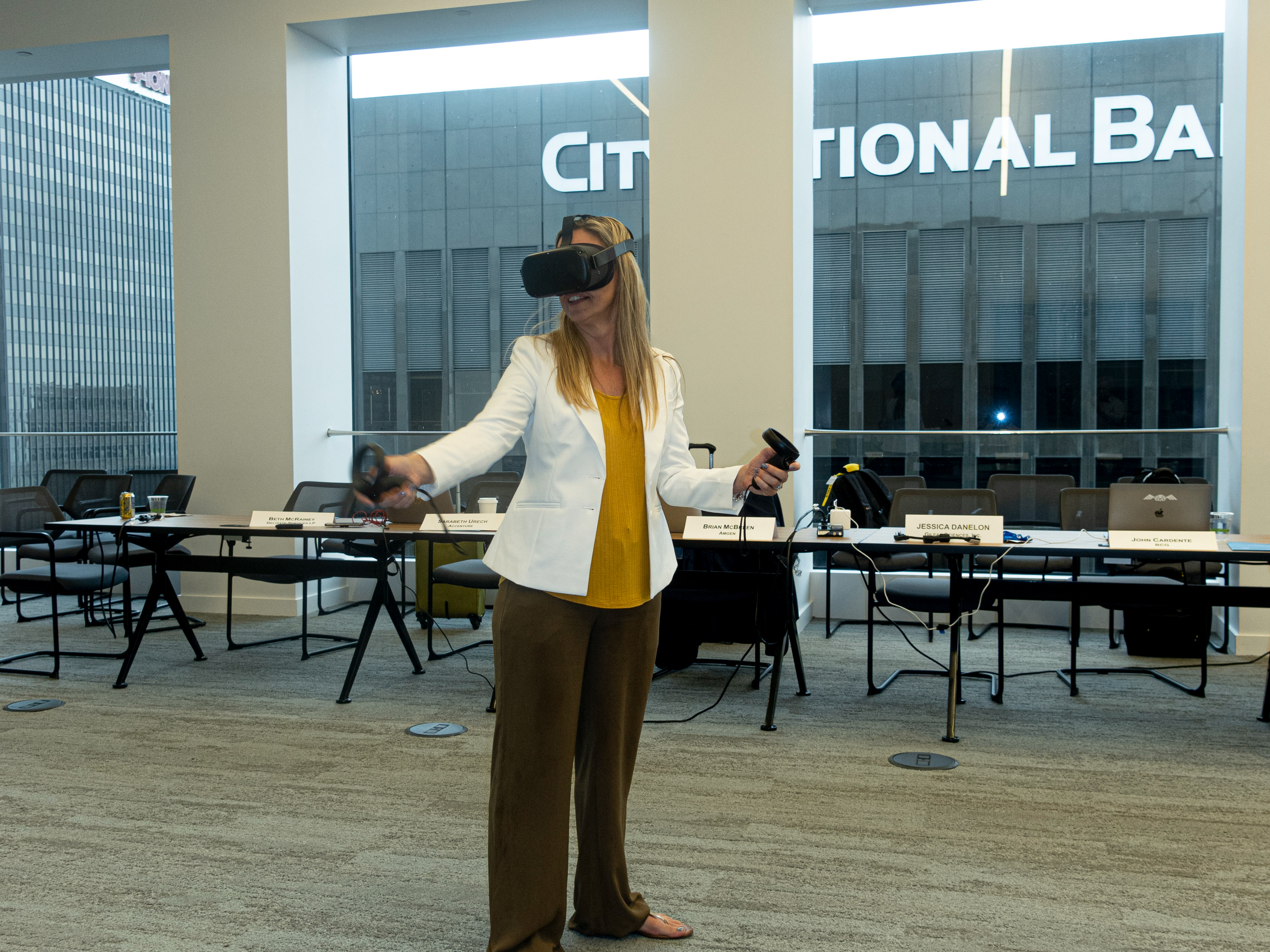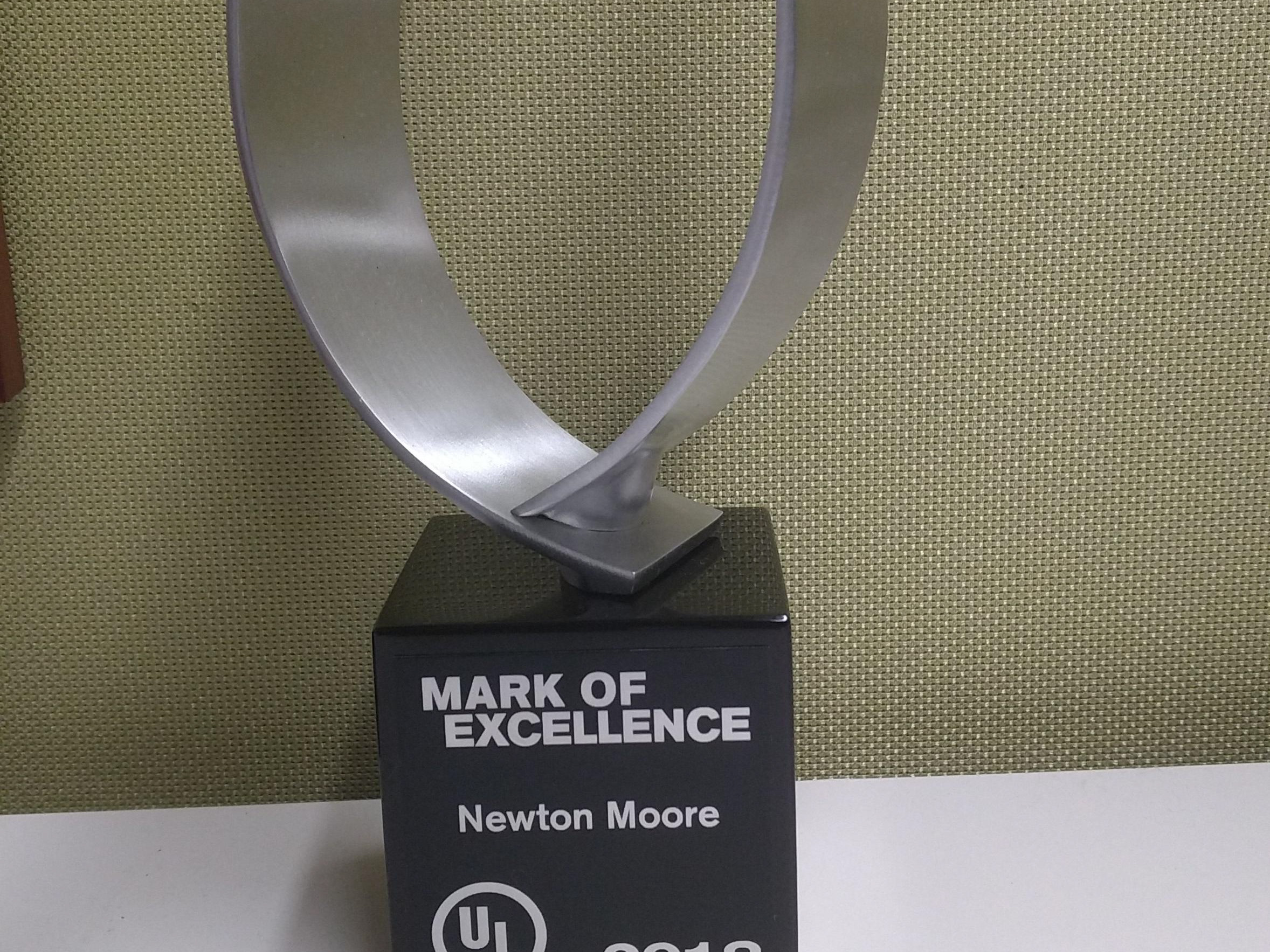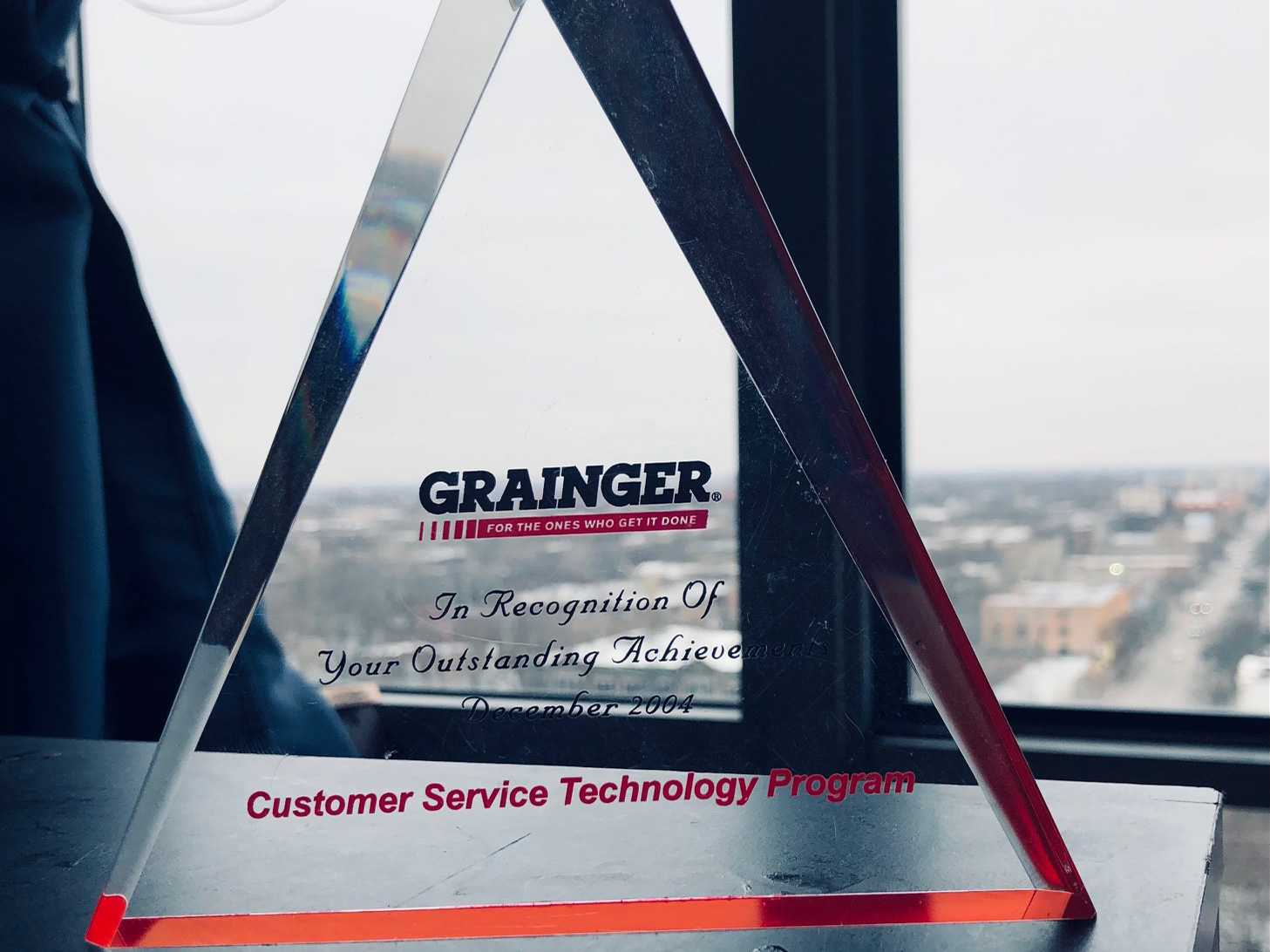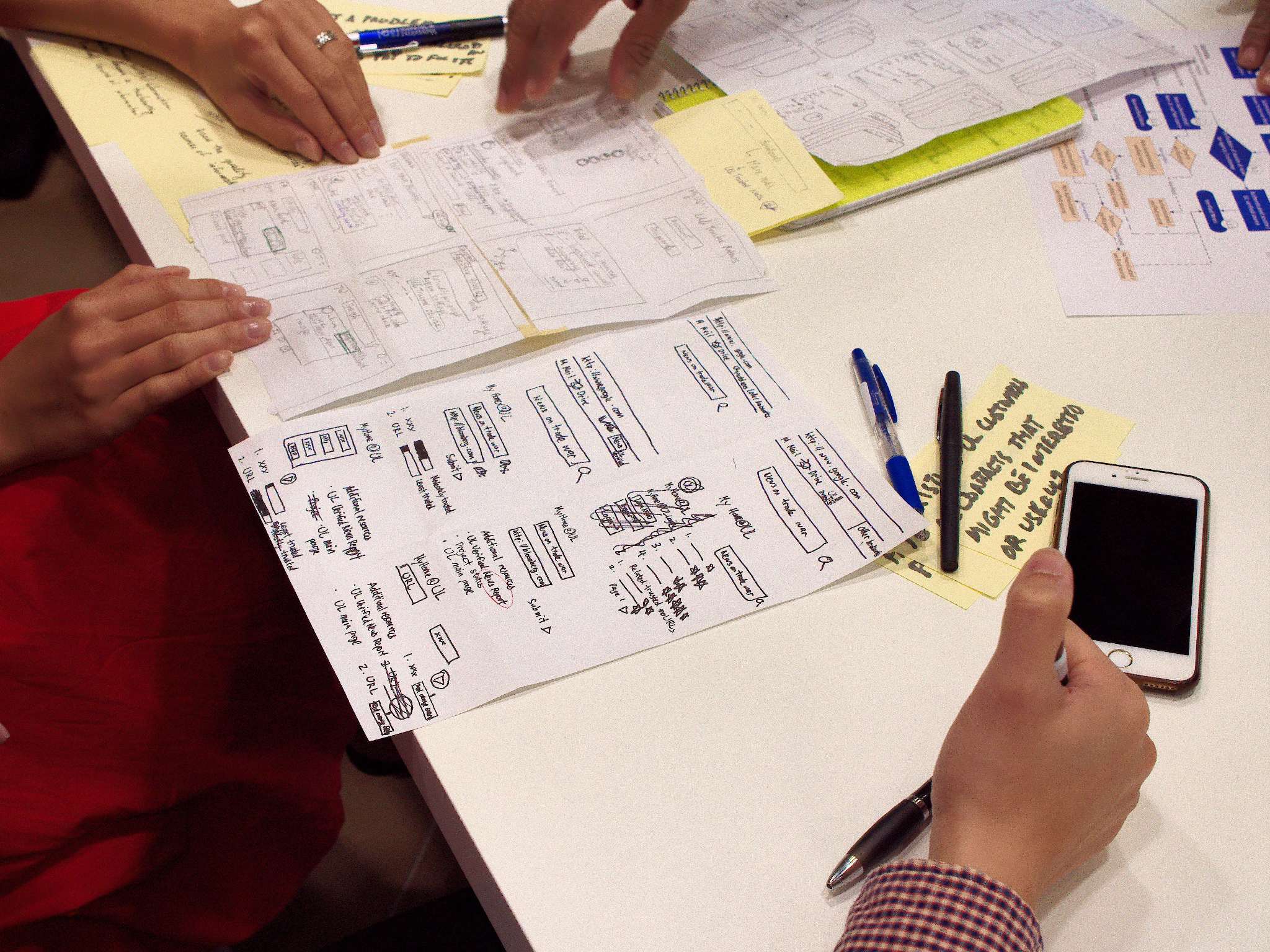Newt is exploring the new frontier of Management. His concept departs from the old "industrial" paradigm to look at the work of "knowledge workers." He is interested in looking at the skill performance of the individual and the synergies of cross-functional teams in adding value to organizations.
This approach is a "systems" approach to analyzing the skills and abilities of autonomous teams. By building opportunities for people to work on projects with diverse skill sets, cross-functional teams can now achieve exponential value. Value is essentially created by moving away from "industrial-age" centralized control methods to applying systems thinking and Lean methodologies for knowledge workers. It is refocusing on how the work gets done and giving teams the power to redefine how that happens.
Newt's current experiment at a safety engineering company brings together field engineers, sales support, customer service, and other functions to improve the customer experience. This team dreams of changing their work environment, tools, communication, and access to talent to achieve remarkable improvements to the customer experience. People are learning to work together by solving real problems. Newt injects learning moments, agile and lean principles into the flow of problem-solving.
This approach is a "systems" approach to analyzing the skills and abilities of autonomous teams. By building opportunities for people to work on projects with diverse skill sets, cross-functional teams can now achieve exponential value. Value is essentially created by moving away from "industrial-age" centralized control methods to applying systems thinking and Lean methodologies for knowledge workers. It is refocusing on how the work gets done and giving teams the power to redefine how that happens.
Newt's current experiment at a safety engineering company brings together field engineers, sales support, customer service, and other functions to improve the customer experience. This team dreams of changing their work environment, tools, communication, and access to talent to achieve remarkable improvements to the customer experience. People are learning to work together by solving real problems. Newt injects learning moments, agile and lean principles into the flow of problem-solving.
Dynamic Work Design is one of the methods Newt uses to optimize the workflows of knowledge workers. In organizations that create value from knowledge services or innovative products, improving knowledge workers' work experience to develop and design the best customer products is critical. Newt leverages MIT's work design methodology and expands on it by including his knowledge of Lean practices. The method unleashes high levels of productivity while reducing work-on-hand bottlenecks. Click here to know more about dynamic work design at MIT
Newt has worked with Dr. Ron Wetrum, author of the "Generative Organizational Culture" that DORA (DevOps Research and Assessment) has found evidence of improving software delivery performance and organizational performance in technology. Newt collaborated with the Chief Information Officer of an organization to implement corporate change mechanisms to drive a new generative culture.
See: https://dora.dev/devops-capabilities/cultural/generative-organizational-culture/

